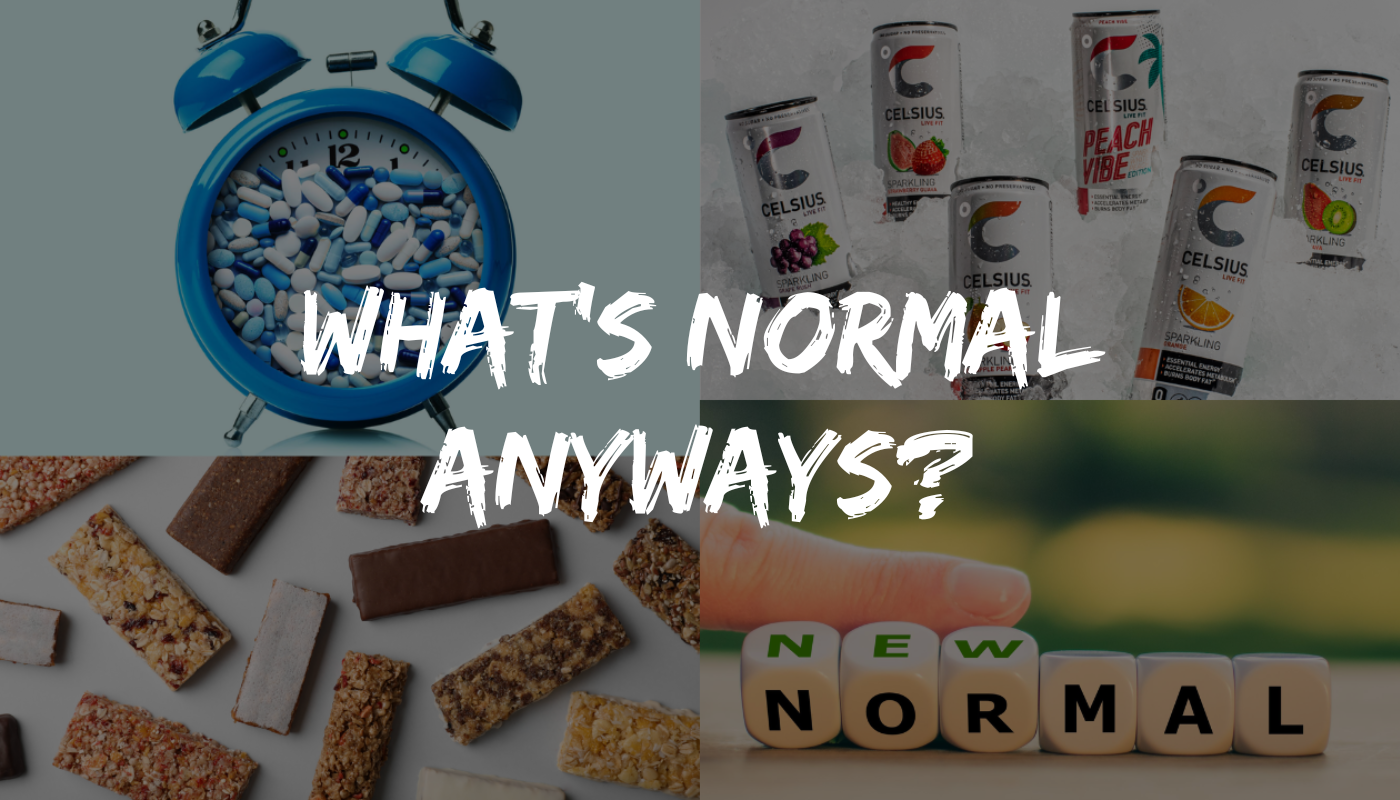New Normal: Supplement Industry
It’s irrefutable that “COVID-19 Effect” headwinds/tailwinds changed almost everything about the supplement industry. With markets evolving quickly because of elevated consumer interest in the space…it positions the supplement industry as a key gateway into the $1.5 trillion global wellness market. This increased market growth is also bringing additional commercialization activity to an already ultra-competitive space. The fact is that brands must stay ahead of the curve by identifying specific trends earlier and being more aggressive in their actions to fill demand.
My intent for this content is to provide supplement industry professionals with a snapshot of what benefitted, evolved, paused, and was damaged by most powerful “COVID-19 Effect” headwinds/tailwinds. These insights will surround the following marketplace variables;
Product Categories/Attributes
Business Strategies
Shifts in Consumer Behavior
Benefitted
Product Categories/Attributes
Cold, Flu, and Immune Support = While most are viewing the back-to-back flat YoY growth in 2021 and 2022 as a negative, I see it as building major support from the monster year the category had in 2020. There’s no denying that immune support has catapulted towards a larger focus in the consumer’s mind.
Mood and Stress Support = The cold, flu, and immune support category might have seen a more immediate sales spike, I believe the longer-term, and more sustained, response will be toward products targeting emotional and overall wellbeing.
Sleep Support = “COVID-19 Effect” or not…stress and anxiety from work, family, and finances, is unfortunately not going disappearing anytime soon. Stress and poor sleep are closely connected, as the chances of a bad night’s sleep increases by 96% when stress in at an elevated level.
Business Strategies
TikTok = If you’re still doubting the power of creating product/brand trial and discovery through the virality potential of this social media platform, I’m not sure I can help you 😉
WalMazon = Walmart and Amazon have cemented themselves as the two most important commerce levers in the supplement industry.
Brand Community = The most successful companies in the world have strong brand communities where they can communicate and build authentic interactions with their loyal customers. While being a community-centric brand has been important for the last handful years in the supplement industry, the “COVID-19 Effect” permanently changed its importance from “nice to have” to “must have.”
Shifts in Consumer Behavior
Uniqueness = The self-perception of uniqueness influences consumer responses to the brands' engagement efforts as well as their relationships with these brands.
“Choose Your Own Adventure” Shopping = Customers are no longer obligated to participate in old legacy retail business models where they were the default picker, packer, and last-mile delivery driver.
Evolved
Product Categories/Attributes
Hydration = This is no longer a “sports drink” market, but a product category that’s driven by everyday users that have different definitions of what it is to live an active lifestyle.
Energy Drinks = This is no longer seen as a category of “sugar filled devil beverages”, and that opened up a world of opportunity.
Creatine = What’s old is new…even within the supplement industry.
Business Strategies
Mile Deep/Inch Wide = With supply chains tightening, consumer attention getting more expensive, and valuable retail placements becoming more difficult, growing through vast SKU expansion is becoming a thing of the past.
Shifts in Consumer Behavior
Consumer > Patient = Humans have begun to view themselves differently within the broader wellness market.
Paused
Product Categories/Attributes
Protein Bars = There’s a natural consumer connection with portability, mobility, on-the-go breakfast, and around the workout occasion with this nutritional snacking format. While those factors were limited over the last 2.5 years, they’re already starting to resume as routines get normalized.
CBD = With the FDA obviously being preoccupied with helping a public health crisis, CBD regulation has been on the back burner, thus creating more of the same purgatory state where the industry cannot spread its wings to grow (yet).
Business Strategies
Multinational Ambitions = Strong US dollar, irregular behaviors of international governments, and increased political tensions, has made it wise for brands to focus on their domestic market.
“Race to the Bottom” = Inflationary pressures and supply chain disruptions have cleared out a good bit of long tail competition in the near-term. That’s helping weak brands keep price integrity and strong brands to have massive pricing power.
Shifts in Consumer Behavior
Share of the Wallet = Tightened wallets don’t cut off wellness, but it does make consumers think more critically about getting the most impact for allotted categorical spend.
Sustainability = Importance is still high, but this value proposition has taken a back seat to other important purchase criteria like price and availability.
Damaged
Product Categories/Attributes
Weight Loss = The supplement category has struggled mightily despite "weight" being arguably the most important variable in counteracting this viral endemic. Something is fundamentally flawed in this category.
“Artificial Everything” = Yes, taste is still king and tons of artificial sweeteners, flavors, colors will be consumed, but I see the natural trend taking major share permanently.
Business Strategies
(Small) Specialty Retail and Ecommerce = With the proliferation of the supplement category, small shops run as hobbies and specialty ecommerce sites no longer have relative value to the consumer.
Marketing Company that Sells X = The goldilocks era is over in terms of marketing arbitrage. The real business strategy that separates the men from the boys is through operational and financial excellence.
Shifts in Consumer Behavior
Appealing to Everyone = The world is more polarized, so becoming a trusted brand with strong affinity will require a lot more brand humanization decisions that must align with core customer communities.
In-Person Anything = While you might not realize it yet, being aggressively thrown into virtual worlds has major aftershocks (especially when consumers realized consciously/subconsciously that virtual worlds actually provided many benefits).

